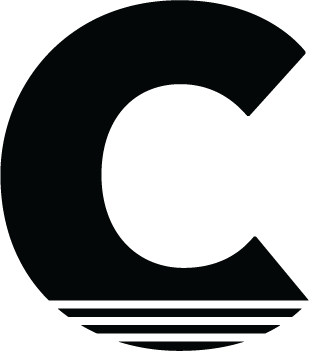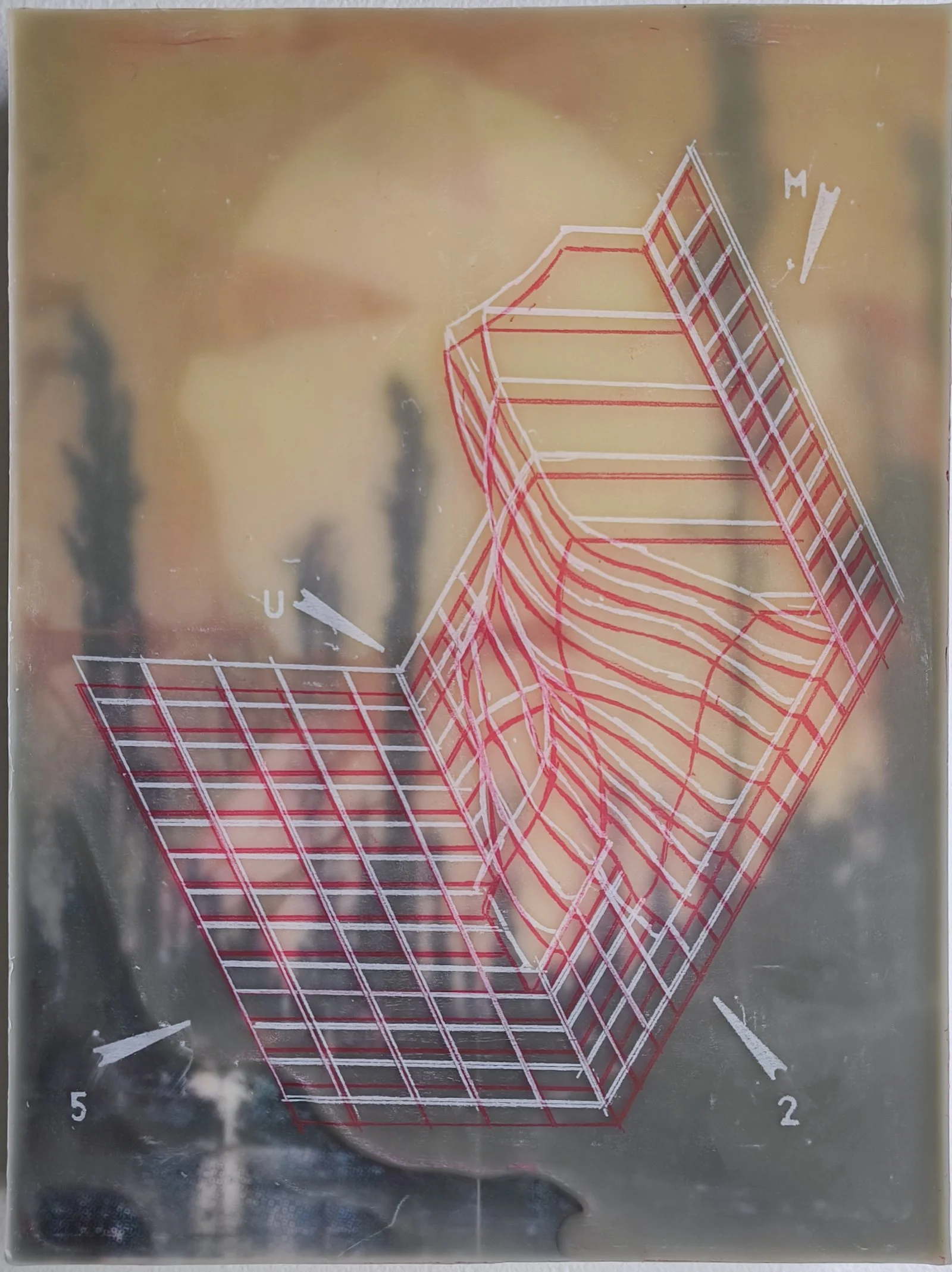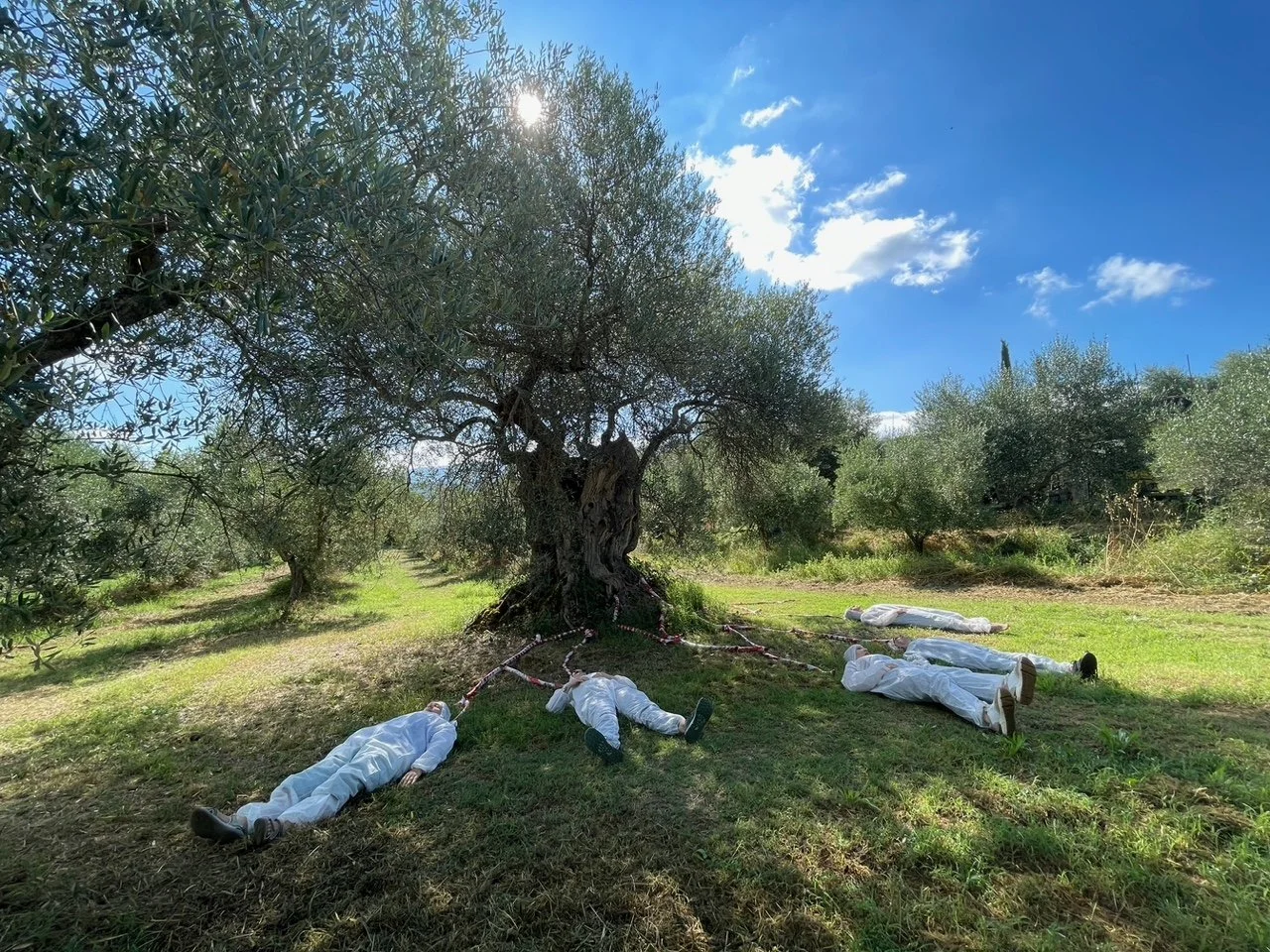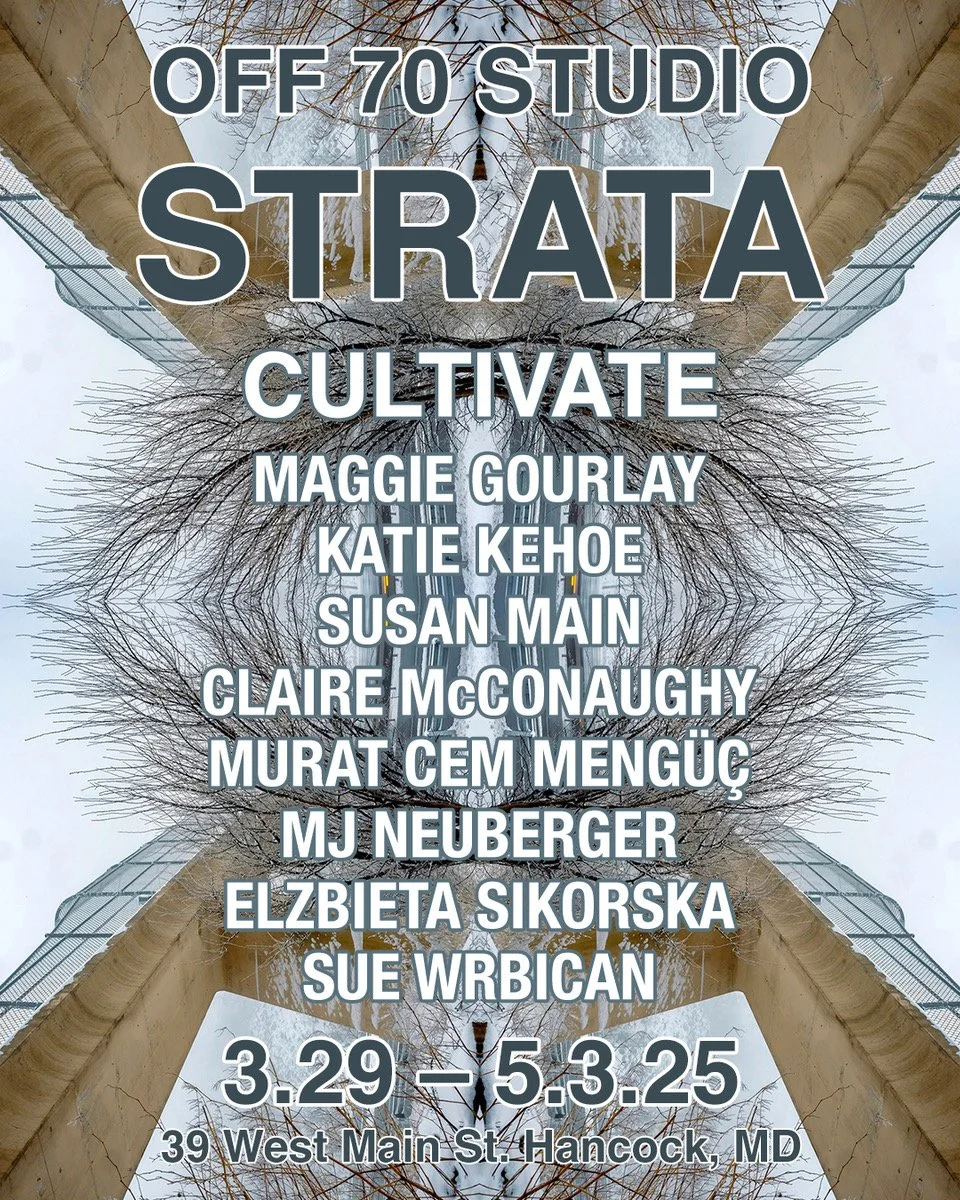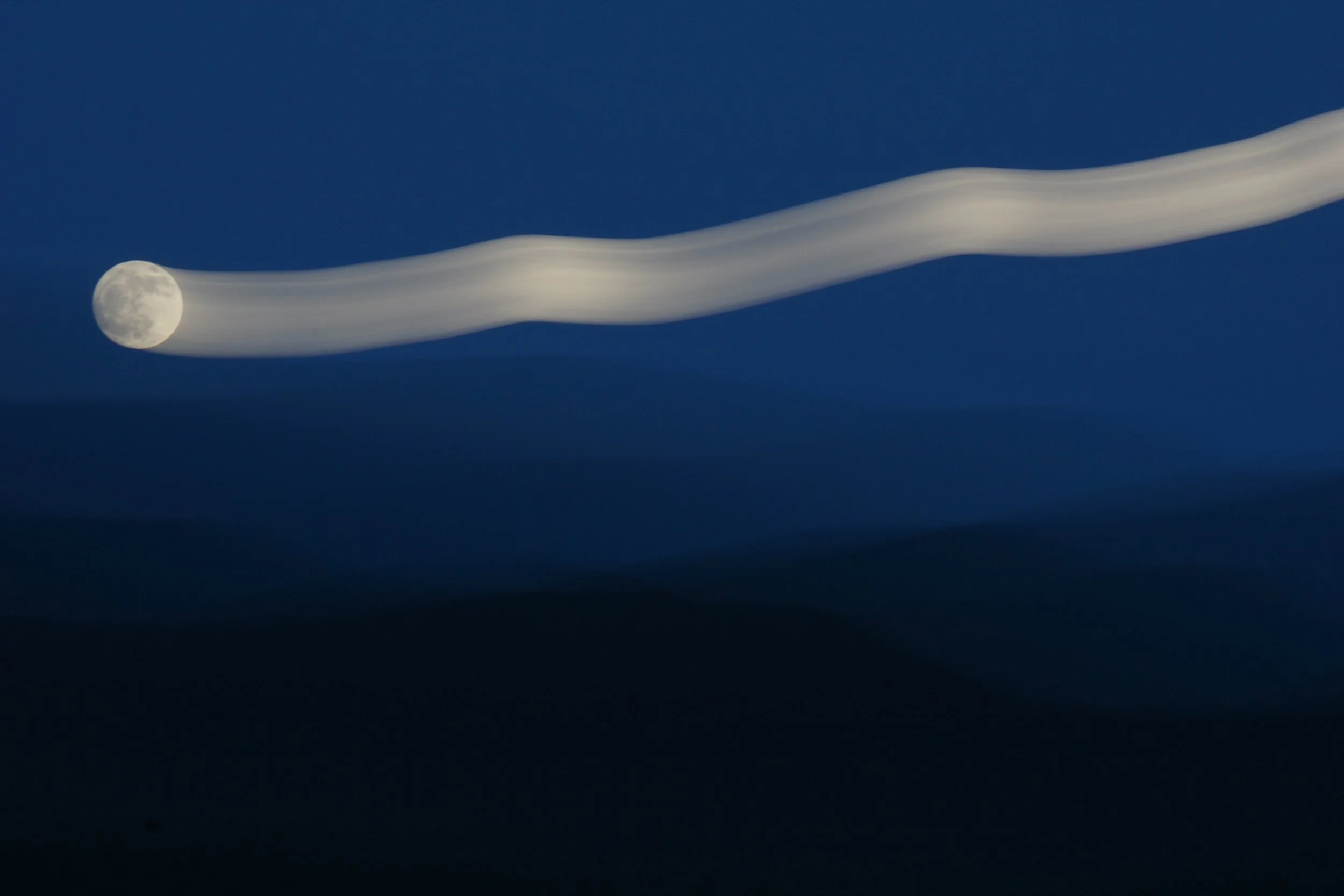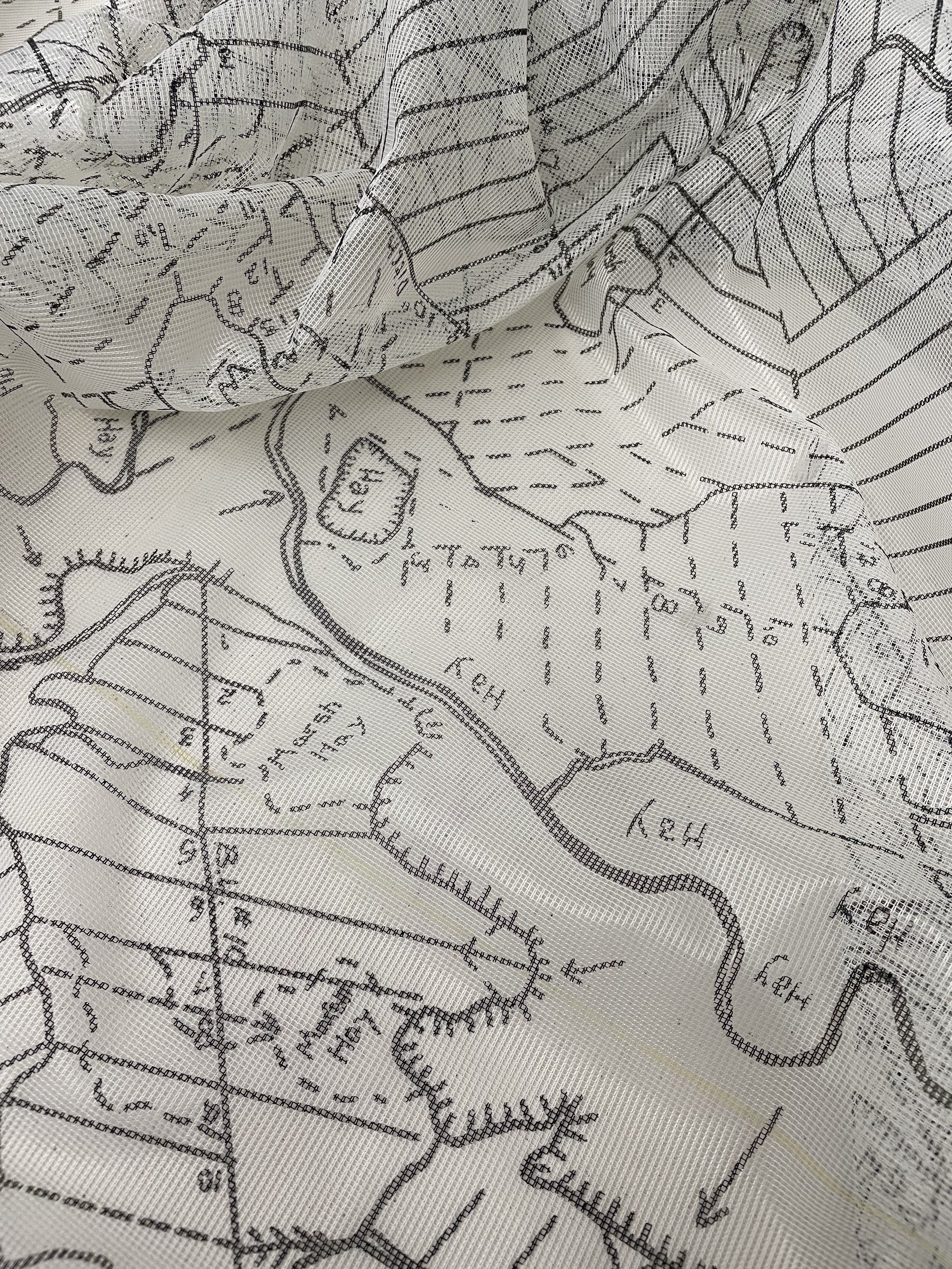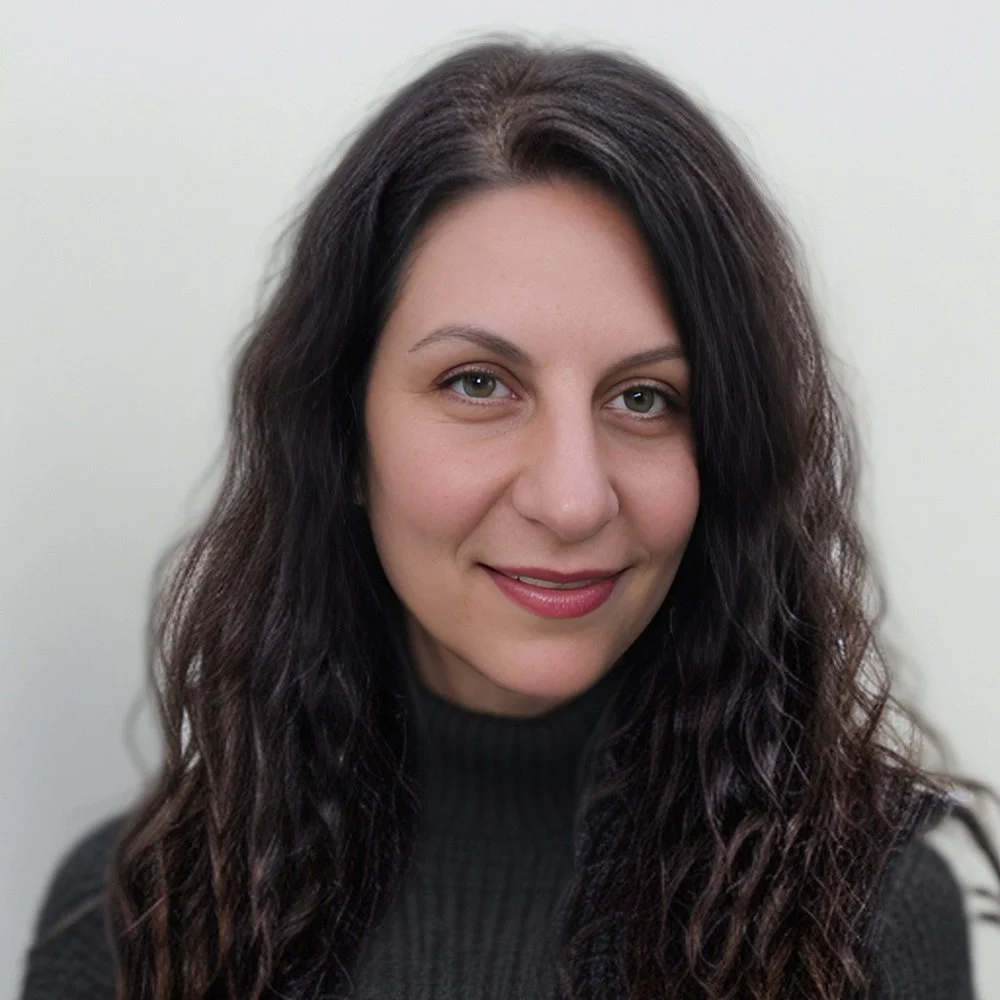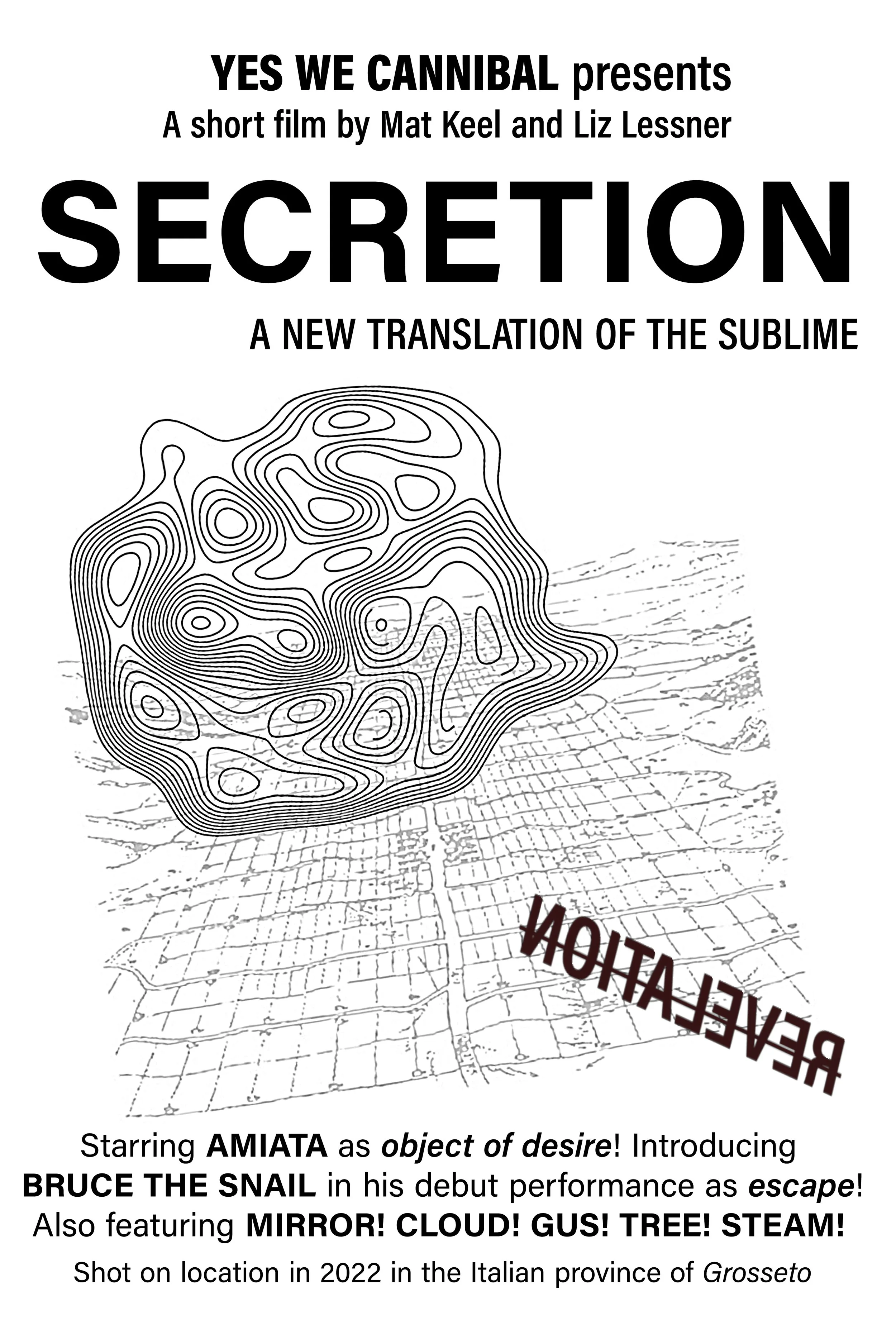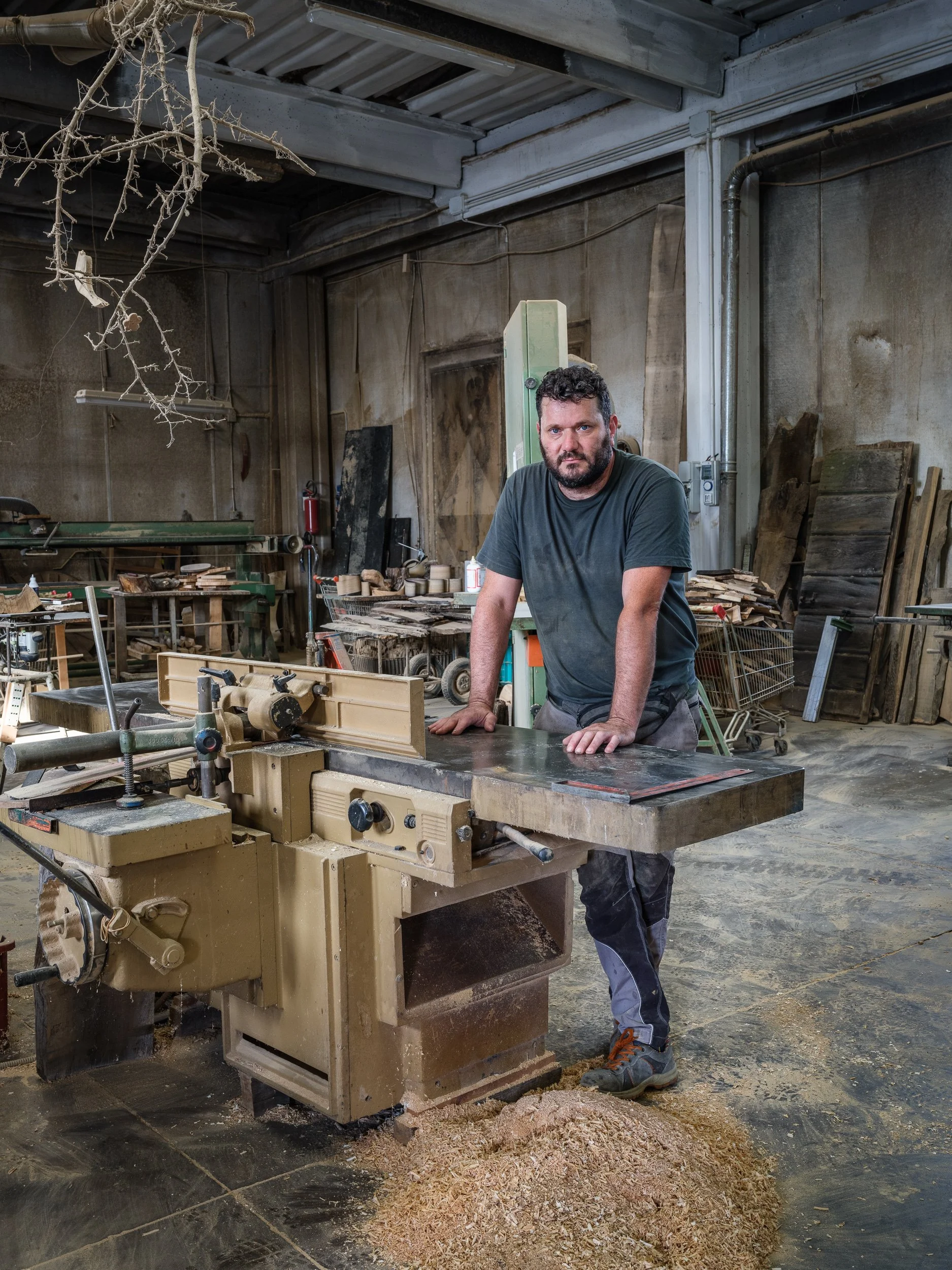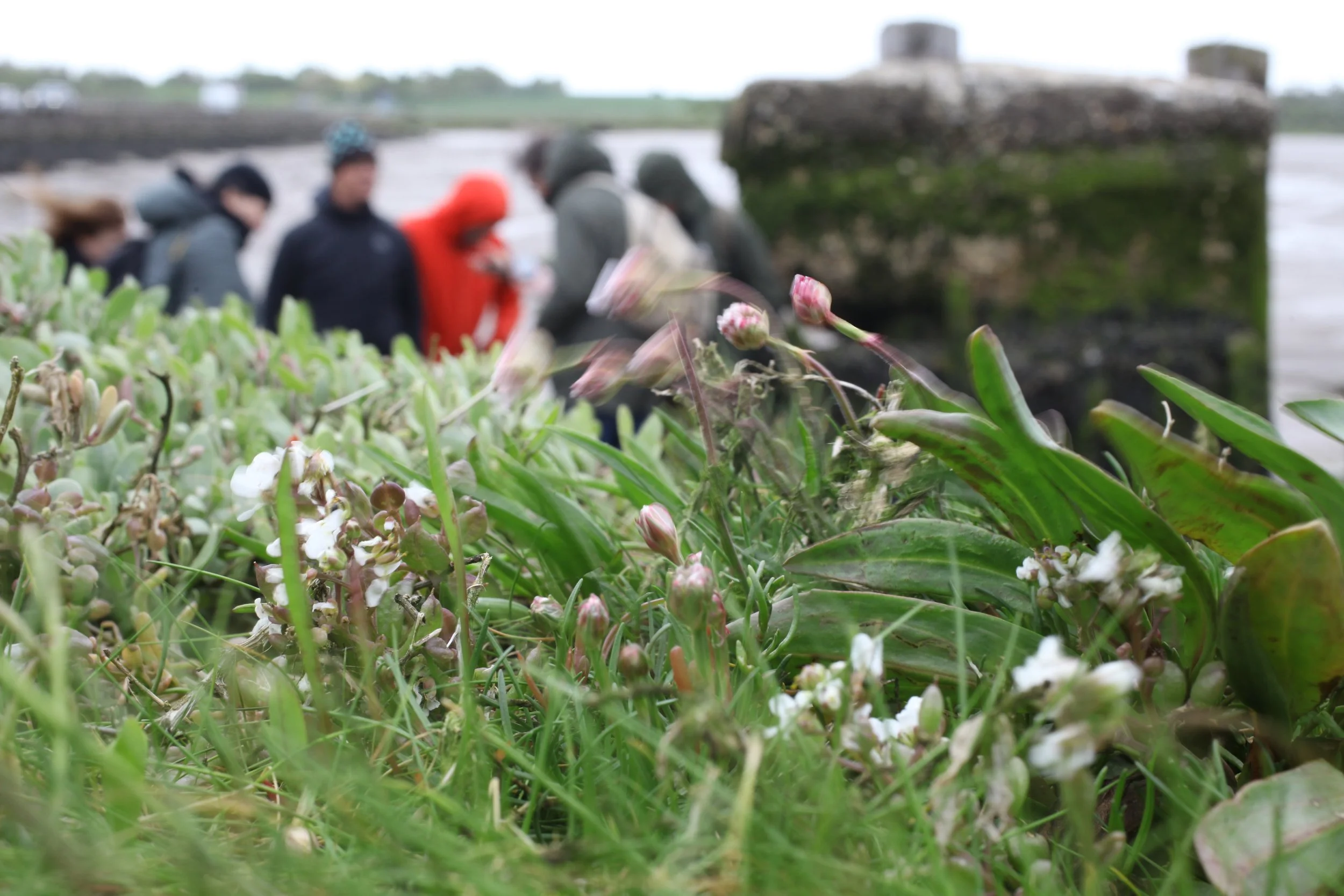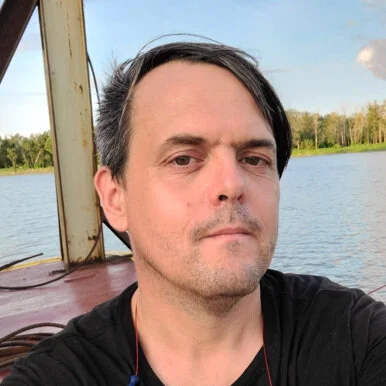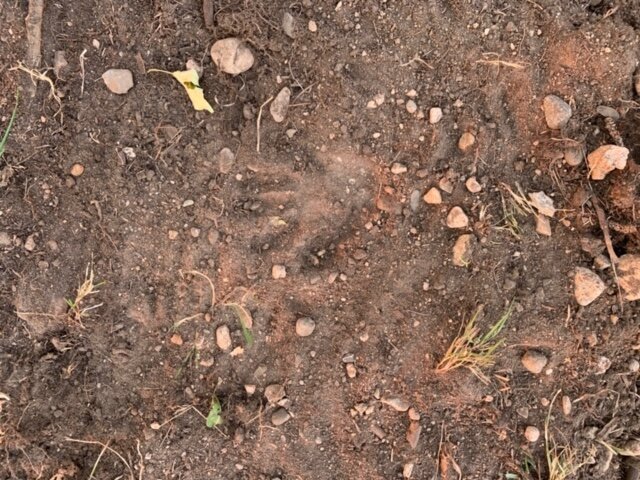Attention + Intention = Care
Cultivate encourages land-based, play-based, intergenerational, and transdisciplinary activities, research, and conversations.
All are welcome to experience and share.
Benedetta Castrioto
Work and Pause: on ants and cicadas, nature and culture, reality and magic
An Artistic Reflection on Time, Nature, and Resilience
October 5, 2 PM EST, Zoom
Join curator and cultural producer Benedetta Castrioto for a discussion surrounding her research on the social and cultural dimensions of labour and “free” time in Western societies.
Artemis Herber
L’Olivo Millenario
An Artistic Reflection on Time, Nature, and Resilience
April 27, 12 - 1 PM, Zoom
The One-Thousand-Year-Old Olive Tree Project, known as "L’Olivo Millenario Project," is a profound artistic undertaking that began during Artemis Herber’s La Baldi Residency in 2024. The project continues to evolve across various media and artistic practices, stemming from a transformative encounter with a thousand-year-old olive tree located on the farm at Poderi Borselli in Montegiovi, Italy. This ancient tree not only inspired a lasting relationship with its natural habitat but also prompted a deep and meaningful exploration of the temporal passage into the land.
STRATA
March 29 - May 3, 2025
Off 70 Studio
39 West Main St., Hancock, MD
March 22, 2025, 2 - 4 PM Opening reception
CULTIVATE reflects on the phenomenon of strata
STRATA is an exhibition of artists responding to the theme Strata as broadly as befits their practice and in relation to the town of Hancock, Maryland. Strata are the geological layers that time imprints on the landscape, they are the history lessons that leave treasures like pottery shards and fossils for historians, anthropologists, archeologists and paleontologists to find and use them to weave stories that reinterpret and reimagine our past. More broadly, strata can refer to family lineages, traces of dna that connect the past to the present in our bodies and minds, or can be connected to a particular site or landscape, as in historical environmental patterns no longer present but still creating evolutionary or socio-economic repercussions.
When considering a map of the town of Hancock and its surrounding area, it can also be seen as having layers. Part of an historic “strata” the town’s Main Street is parallel to I-70, the C&O bike path (formerly the C&O rail line), the C&O Canal and its towpath, and the Potomac River.
POETS: DAVID ABRUZZI and CHRISSY ALHART
Art Meets Science
Cultivate and Maryland Sea Grant Collaboration
Art is a method for people to connect, reflect, and understand scientific concepts in diverse ways beyond traditional scientific outreach. Maryland Sea Grant initiated a pilot project to collaborate with Cultivate to develop resources (i.e., webinars, collaboration profiles, online resources) for the scientific community on best practices for artist collaboration as well as creating a networking and training event to incubate new project proposals for external funding.
The project goal is to forge connections between artists and scientists and best practices particularly in response to these questions: How to use art as a medium of outreach?; How to bring Sea Grant work to a larger audience?; How to partner and communicate with an artist or scientist and why?; What strategies make for successful collaborations?; How to create a local network/databank for collaborations?
The exhibition features individual and collaborative artwork from a selection of Cultivate artists including:
Maggie Gourlay, Katie Kehoe, Susan Main, Murat Cem Mengüç, MJ Neuberger, Elzibieta Sikorska, Lynn Silverman, and Sue Wrbican.
View the webinars here
RSVP for the exhibition reception here
More information: Maryland Sea Grant
Amy Holiday
Field Notes From Italian Twilight
January 25, 2025
3 - 5 PM
Cultivate Studios
4218 Howard Avenue, Kensington, MD
Join us for an artist talk with Amy Holiday whose current creative process investigates how a place interacts with the sky.
Driven by her interest in experiencing the sky in new locations and weighing the environmental factors that impact its appearance, she collects twilight, sky, and moon imagery.
Amy was selected for a 2024 La Baldi Residency in Montegiovi (GR), Italy.
DITCHIN’: Hay & High Ground
A collaboration by Heather McMordie & Edward Landa
Exhibition/Talk at Cultivate Studios
4218 Howard Avenue, Kensington, Maryland
May 10, 7 - 9 PM Opening
May 11, 12 - 4 PM
May 19, 2 PM Presentation/Talk, RSVP
May 12 – 18, By appointment, cultivate@cultivateprojects.net
DITCHIN’: Hay & High Ground is a print and projection installation developed by artist and printmaker Heather McMordie and soil scientist and environmental historian Edward Landa. The project examines the long-term impacts (physical and cultural) of early 20th-century mosquito control ditches on the coastal wetlands of the Northeastern United States. Viewers are invited to physically and metaphorically step through miasmic layers of information in this multi-media installation of real and imagined landscapes.
Heather McMordie and Edward Landa have been collaboratively creating since Summer 2022. Their shared interest in salt marsh ecosystems has provided them with fertile ground for creative exploration.
This exhibition is made possible in part by a grant from the Rhode Island State Council on the Arts, through an appropriation by the Rhode Island General Assembly and a grant from the National Endowment for the Arts.
About the Artists:
Heather McMordie is an artist, educator, and curator based in Providence, RI. Her work explores the complexities of soil science and environmental restoration through prints, puzzles, artist books, and interactive installations. She is especially interested in the ways in which experiences with art objects can mirror field research experiences and create opportunities for tacit learning. More information about Heather’s work can be found at www.heathermcmordie.com
Edward Landa is a soil scientist and Adjunct Professor, Department of Environmental Science and Technology at the University of Maryland. His research has explored the effects of contaminants in terrestrial and aquatic environments (from nuclear waste sites to mosquito breeding grounds), and the interface between soil science and the arts. He is currently focused on the complex history and impacts of ditching salt marshes for mosquito control. More information about Ed’s work can be found at https://agnr.umd.edu/about/directory/edward-landa
Elena Soterakis
Intertwining Roots: BioArt and the Environmental Nexus
March 26, 2024, Zoom
Join us for a talk and discussion with Elena Soterakis titled "Intertwining Roots: BioArt and the Environmental Nexus." Set against the backdrop of the pioneering exhibition she co-curated at BioBAT Art Space, "Embodied Futures and The Ecology of Care,” Soterakis aims to peel back the layers of traditional environmentalism, exploring the symbiotic relationship between art, biology, technology, and ethics. Through the lens of BioArt, she delves into how this innovative field not only challenges our perceptions of life and interconnectedness, but also acts as a catalyst for redefining the essence of care in our modern world as transcendent of human-centric frameworks
Cultivate: Without Title
Cultivate Studios, 4218 Howard Avenue, Kensington, MD 20855
Location: Ken-Gar Tributaries → Lower Rock Creek → Potomac River Watershed
Saturday, March 18: opening 7 - 9 PM
Sunday, March 26: closing 2 – 4 PM
By appointment March 19 – 25 please contact: cultivate@cultivateprojects.net
Kensington, MD - CULTIVATE, an evolving collection of artists, writers, and researchers investigating land, place, and the commons , presents its first exhibition March 18 - 26 at the Cultivate Studio location in Kensington, Maryland. The group exhibition, featuring current Cultivators, poses two questions: How do we individually and collectively cultivate? How do we approach landscape and relations with land?____________________________________
Without Title suggests the potential of working without a singular designation and beyond boundaries of ownership. The exhibition offers a glimpse of varied practices that explore the qualities, perceptions, contexts, and systems that inform and expand notions of landscape.
____________________________________
Featured artists include: Anitra Accetturo, Inga Adda, Sobia Ahmad, Mei Mei Chang, Maggie Gourlay, Katie Kehoe, Madeleine Keller, Susan Main, Jonna McKone, Meeting Ground (MJ Neuberger and Susan Main), Murat Cem Mengüç, Hugh Pocock, Elzbieta Sikorska, Lynn Silverman, Gabriel Soto, Olivia Weise, Sue Wrbican, and Judit Varga.
Without Title- Exhibition Information
_____________________________________
Cultivate screening!
Leah Clare Michaels – I Love Women Who Shame The Family
Mat Keel/Liz Lessner (Yes We Cannibal) – Secretion: A New Translation of the Sublime
February 25, 7 PM EST at Cultivate Studios (4218 Howard Avenue, Kensington, MD)
RSVP early, limited seating
Join us for a screening of films by artists Leah Clare Michaels and Mat Keel/Liz Lessner (collaborative duo Yes We Cannibal). Their films explore the land as a primary connective force linking personal and cultural histories and the materiality of place. All artists spent time in the Monte Amiata region of southern Tuscany during their stays at Cultivate’s La Baldi Residency in Montegiovi, Italy.
____________________________________
Secretion: A New Translation of the Sublime (2023)
Mat Keel and Liz Lessner
La Baldi Resident awardees Mat Keel and Liz Lessner’s film Secretion: A New Translation of the Sublimeproposes an enigmatic love story where secrets and secretions travel into and out of bodies and systems, defy translation, and escape fixed states.
“The sublime is, at once, both the recognition of an excessive and overdetermined cosmos as well as the revelation of the individual’s self-awareness. It is the foundational survey system upon which the white West is mapped and then built, an etheric but concrete veil stultifying other lifeways, lovers, and topos. It is domination masquerading as mystery.
In the summer of 2022, we went to Italy in search of this miraculous revelation, seeking origin in the Roman agricultural system, seeking fissures in the elements, and fell in love twice.
First with an earth-being named Amiata who existed in name only, without form; second with a Helicidae, who existed without name, only form.
We bestowed a name on this second lover and fed him/her well; Bruce Nauman, we called him/her, an homage to the admired artist on whom we were already ruminating: does the true artist still reveal mystic truths in the Financialocene, Bruce? Does this help the world? Or might we revivify secrecy? Secretion.
This question lends a structure to our film which presents the viewer not with what we were shown and will not share, but only offers tactics for how to ensure it remains hidden and strategies of intentionally obfuscating translation.” – Mat Keel and Liz Lessner
_____________________________________
I Love Women Who Shame The Family
Leah Clare Michaels
Leah Clare Michaels shares an excerpt from I Love Women Who Shame The Family, an experimental documentary essay film that examines the artist's ancestry. Shot on 8mm film and exposed with natural, non-chemical fixers made from native Italian herbs, flowers, wine and coffee, the film is a work- in-progress that includes color and black and white imagery of ancestral grottos in Pertosa, Italy, found footage from Italian archives in Rome and Bologna, stories, family interviews, and sound from ancestral grottos in Pertosa, Italy. Michaels will discuss the evolution of the film, its making and processing, and experimental documentation of history, family, and place.
Nate Larson
Site-Responsive Portraits of Community
January 24
Join us for an artist talk and conversation with contemporary artist and documentarian Nate Larson.
Larson will talk about his work creating site-responsive portraits of community working with photographic media, artist books and time-based media.
Drawing on the context of his past work, Larson will also share images and reflections about a recent community portrait project started during his La Baldi Residency in the small village of Montegiovi, Italy.
Edgar Reyes
They Tried to Bury Us, They Didn’t Know We Were Seeds
November 30
Join us for a guided discussion led by Baltimore- based Mexican American artist Edgar Reyes on the power and knowledge that can be shared through plants. Reyes shares how indigenous plants, food, and language have influenced his practice. He analyzes the distinct ways in which myths and colonial perspectives have created hybrid traditions and beliefs.
Mat Keel:
Triggering the Plantation Unconscious
October 19
Through archival research, experimental media practices and sited interviews with foragers in urban forests along the Gulf Coast, Mat Keel traces connections between plantation afterlives and contemporary ecological relationships. His research is grounded in contemporary theories of trauma to explore how divergent racialized ecological subjectivities are assembled through layered disruptions to nature, time and space resulting from plantation form, dispossession and historical changes to labor and landscape.
Jonathan Monaghan
Unworld: Landscapes of the New Romanticism
September 28
Join us for a conversation with Jonathan Monaghan who explores the tension and potential of the digital landscape. Jonathan shares his own work and other artists who are increasingly using digital technology to send their viewers into unique, imaginative and fantastical landscapes. Is this reaction a type of Romanticism? How are these “New Romantics” raising critical awareness, shaping culture and identity within digital environments? What does a frontier offer where artists have more to say, more ways to say it, and easier ways to connect to audience?
Inga Adda: Walk This Way
August 10
In a time of anxiety and unrest, Walk This Way serves as a safe, grounding space, free to the public, and a social-distancing-friendly art experience. Through playful humor and a lighthearted approach, the posted prompts and questions widen the scope of our daily lives through an active interaction with nature and introduce a new perspective of our place within it.
Kavita Gonsalves:
Radical Placemaking
July 13
Join us in a conversation with Kavita Gonsalves covering her work on radical placemaking using a combination of storytelling, technology and place to engage local communities in creative placemaking. In this session, she will discuss the Chatty Bench Project & TransHuman Saunter.
Conversations:
Observing A Year
April 1
We live in a world built from a web of complex relationships and multiple intelligences. We are not at its center but a part of an inconceivable greater whole. Join and share how you participate in this web of interdependence and contribute your practices to help us build a More Than Human World library.
Meeting Ground
Sound + Ground
March 25
Happy Spring! Just like the roots of plants we see budding, we’ve been underground but are reaching out as the sun crosses the equator and inviting you to join #meeting_ground for Sound + Ground.
Meeting Ground
Solstice Conjunction
Gathering Twilight
This is the start for a winter of attending to and gathering the twilight. December 21st, 2020 is special because of the return of the light (solstice) and in the evening right after dusk, a viewing of the conjunction of Jupiter and Saturn. It has been 800 years since the last visible conjunction. Capture and share your twilight.
Meeting Ground
Yard of the Yard
A one yard by one yard piece of ground is a very small bit for humans. A body can barely sit on it, but the soil beneath is a complex indicator of activity geological, historical, cultural, meteorological. It holds big stories. Consider what patch of ground is your “yard.”
Meeting Ground
Project: Soils
Virtual Porch Chat
Project: Soils invites you to share your experiences with connecting to the ground during this time of seasonal change and seismic cultural shift in a virtual porch chat.
